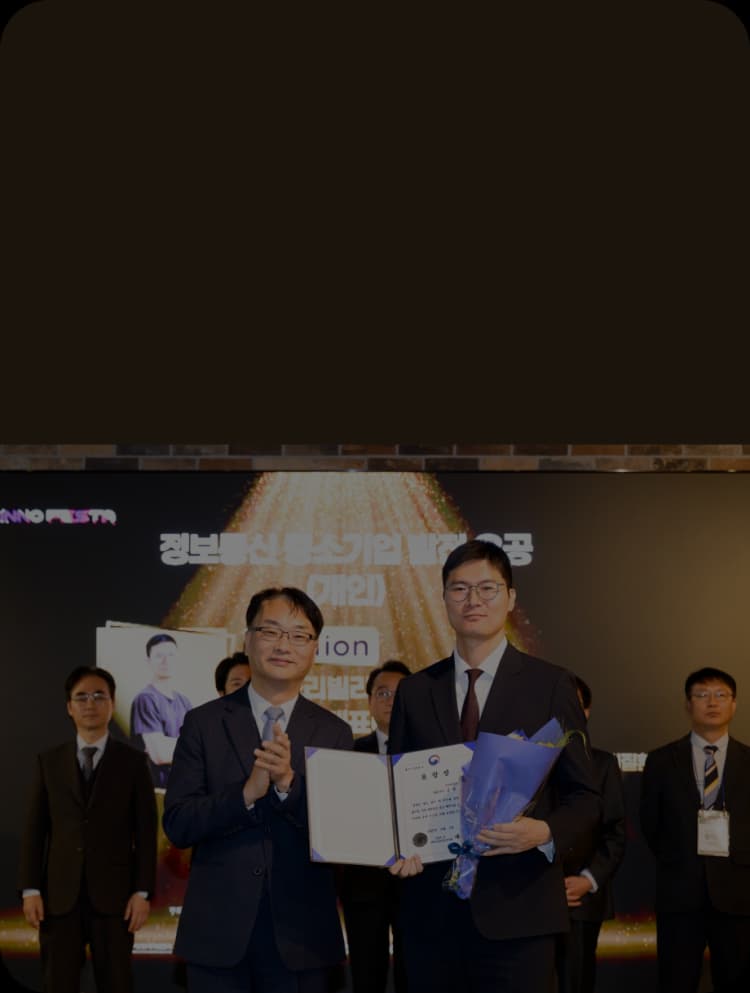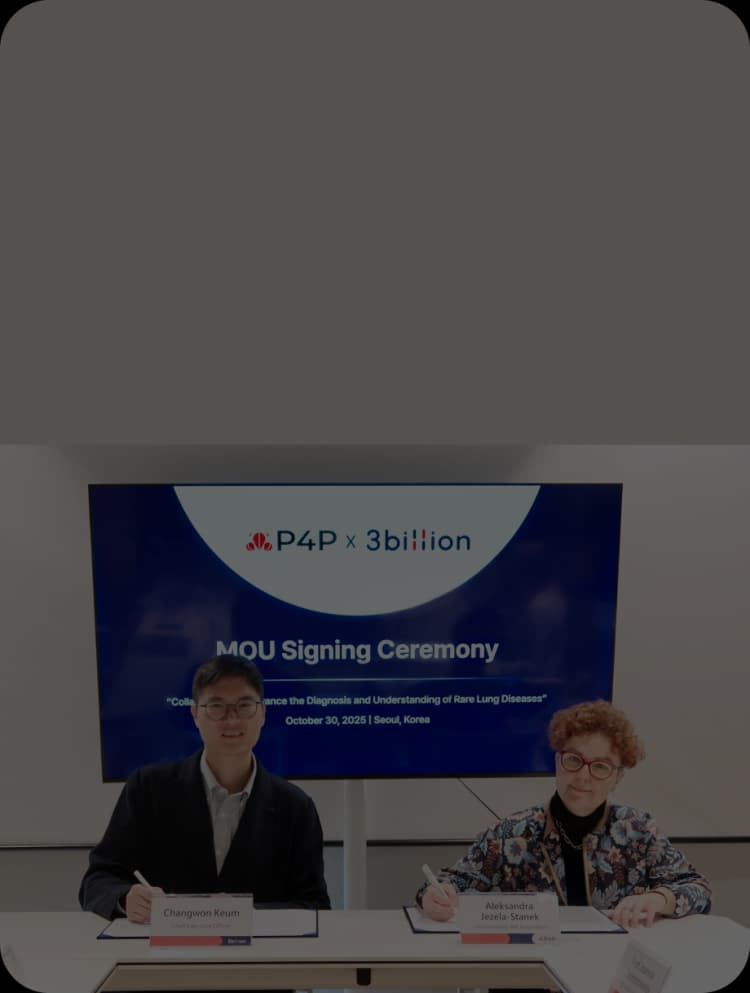3billion Announced the Winners of the End the Diagnostic Odyssey Grant
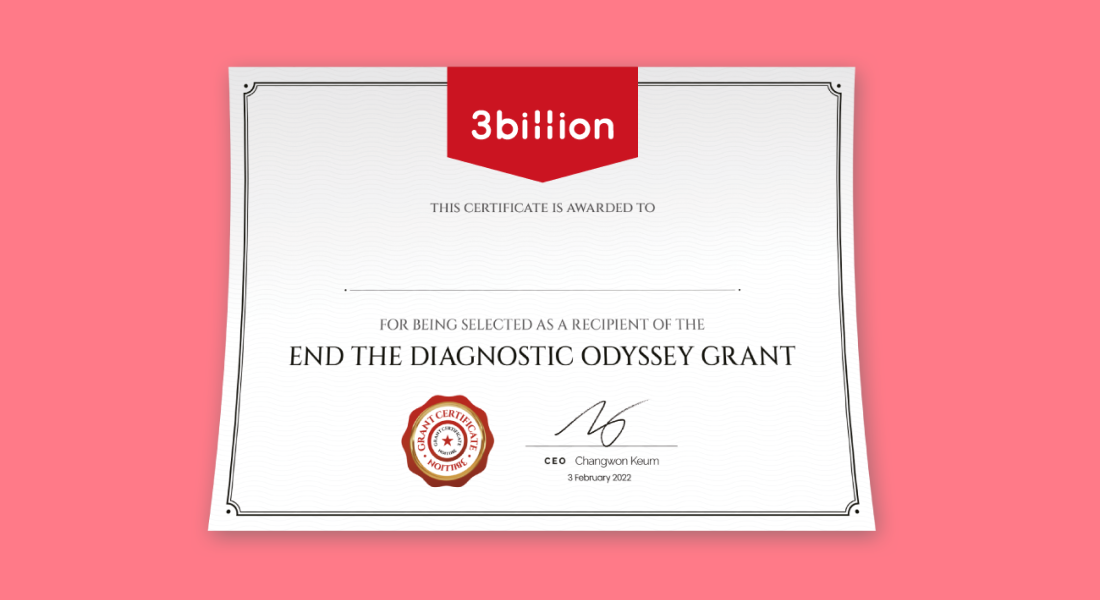
3billion recently announced the first recipients of the End The Diagnostic Odyssey Grant. The grant was offering a total of up to $1,000,000 of whole exome sequencing (WES) services provided by 3billion to be distributed among the winners. The grant application was open to all physicians and researchers looking to help end the diagnostic odyssey of patients suffering from rare genetic diseases.
The application process was open from November 2, 2022, to November 30, 2022. 3billion received an overwhelming number of responses from applicants representing more than 50 institutions, across more than 30 countries. 3billion’s CEO, Changwon Keum stated that it was not an easy selection process as the research proposals were all with excellent merit.
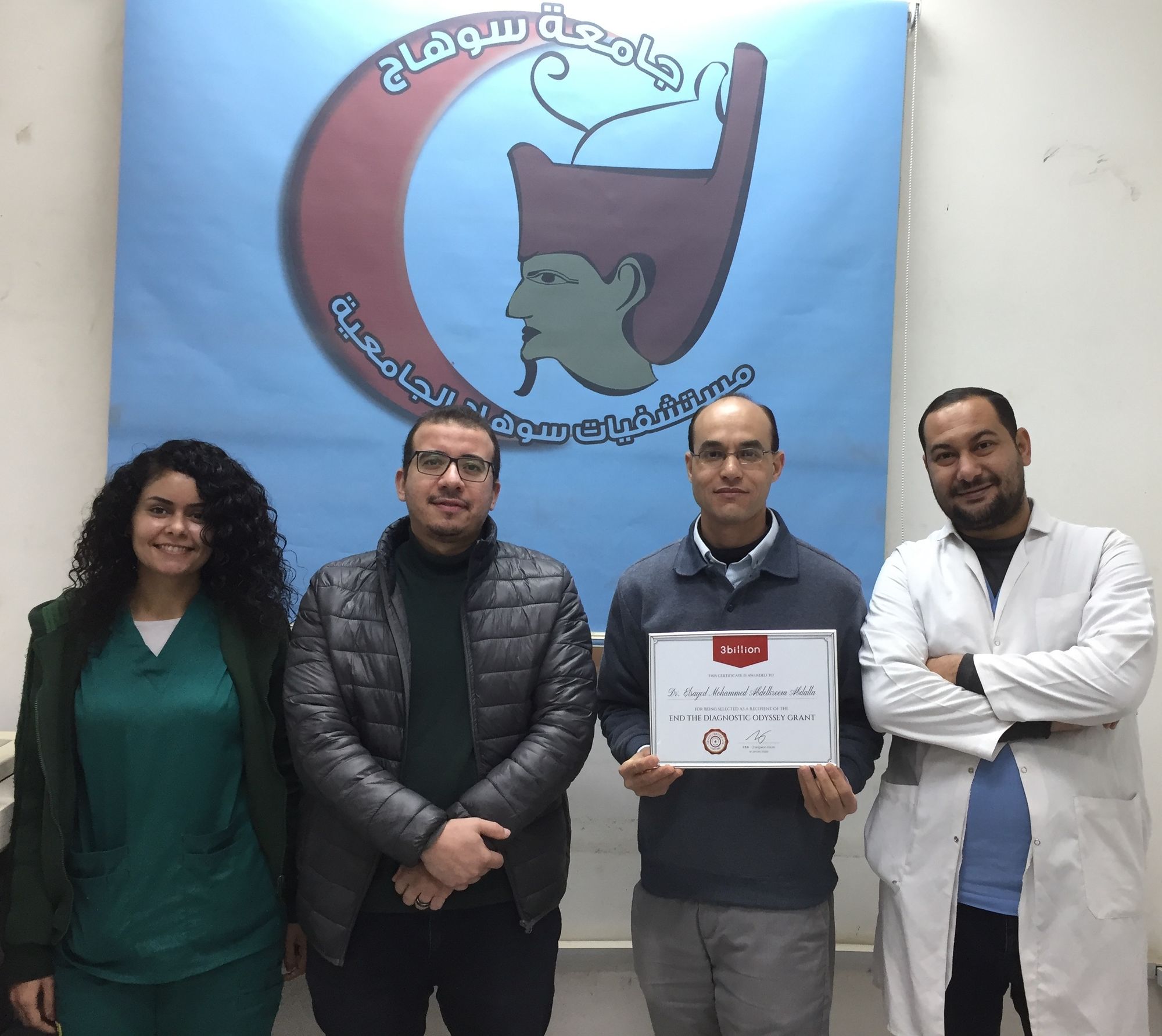
The winners include Dr. Elsayed Abdelkreem who is a lecturer of pediatrics and director of the Medical Students Research Unit, Faculty of Medicine at Sohag University, Egypt. Dr. Abdelkreem received his master’s and doctoral degrees in pediatrics from Sohag University. Dr. Abdelkreem has been conducting research for more than 11 years including time in Japan, as well as the United States. His primary focus of research is on childhood inborn errors of metabolism, specifically neurometabolic diseases.
His research for the grant will also look to research inborn errors of metabolism (IEMs) as they represent a large group of heterogeneous diseases with diverse manifestations. Definitive diagnosis can be challenging in developing countries with limited newborn screening programs for IEMs as well as technical and economical constraints. His research will be conducted along with Professor Abdelrahim A. Sadek, Professor Mohamed A. Aladawy, Dr. Amr A. Othman, and Dr. Najat M. Shihata.
Dr. Abdelkreem said of the grant “Wow! This will be a great chance to solve the diagnostic dilemma of many children with suspected inborn errors of metabolism. The research project will make use of whole exome sequencing through 3billion to uncover genetic defects in Egyptian children to help in diagnosis and treatment, help in family member screening, and help in academia to expand our understanding of IEMs.”
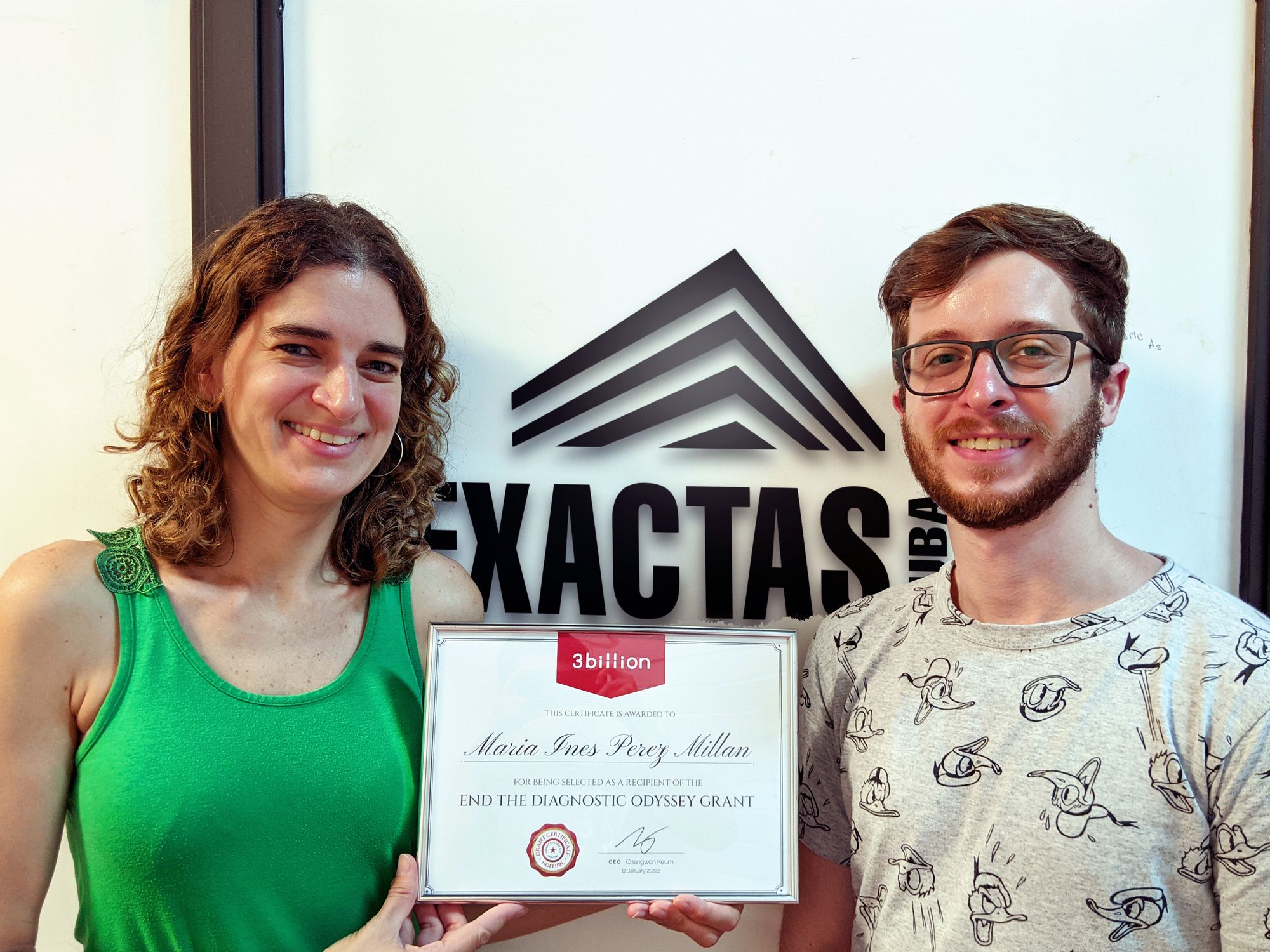
Dr. María Inés Pérez Millán was also selected. She is the lead researcher with her own lab since 2017 of Instituto de Biociencia, Biotecnología y Biología Traslacional (iB3) in Argentina. Dr. María Inés is part of the Department of Physiology, Molecular and Cellular Biology of the University of Buenos Aires, Argentina. She also has an academic background in human genetics, stem cells, and transcription factors.
Dr. María Inés said “I am deeply pleased and honored to receive this grant. It is an incredible opportunity for us to do high-quality exome sequencing.” The main focus of her research includes the study of birth defects that affect pituitary development. Alongside Ph.D. student Sebastian Vishnopolska, they will use this grant to study the neurodevelopmental delay with congenital anomalies in pediatric patients from South America.
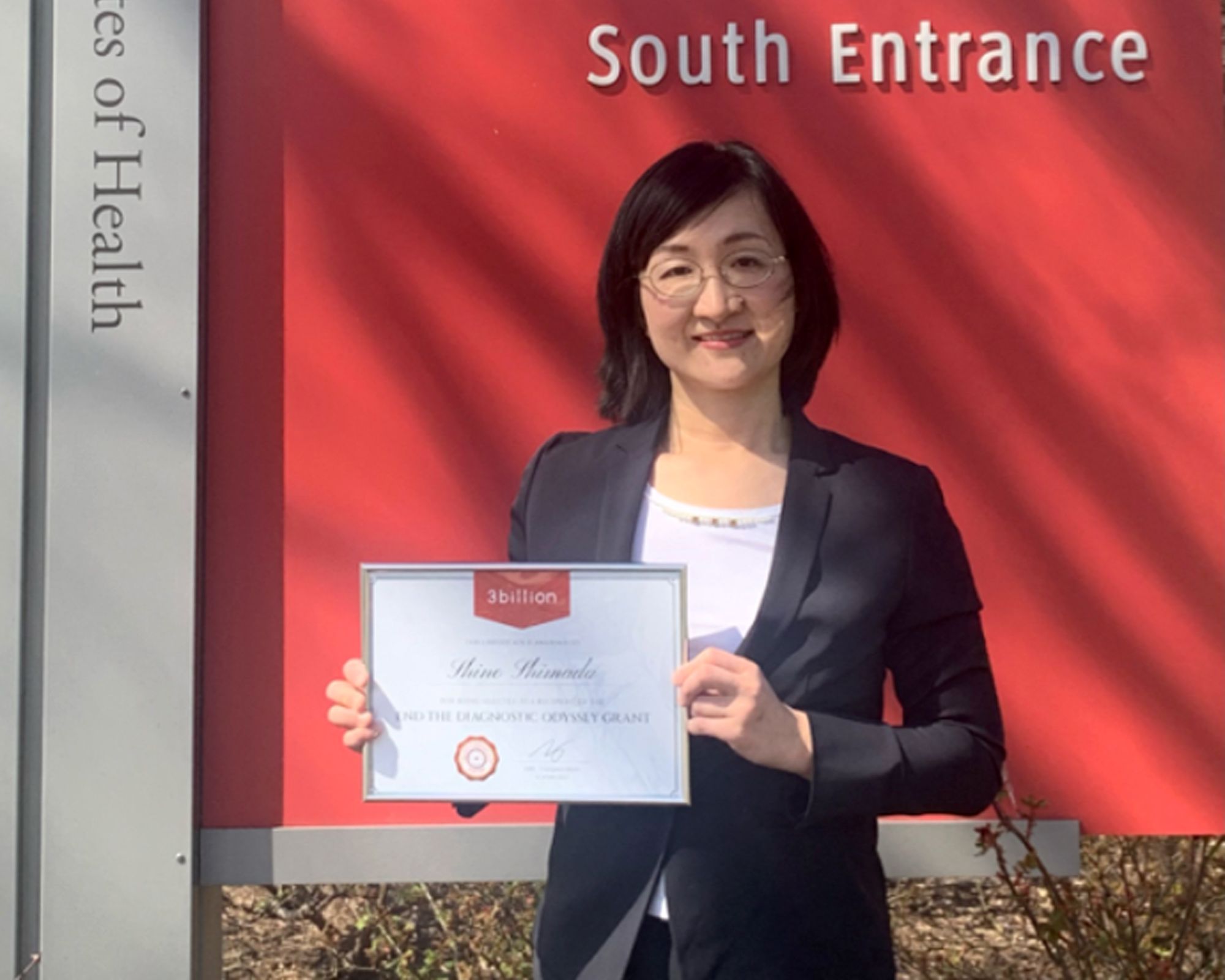
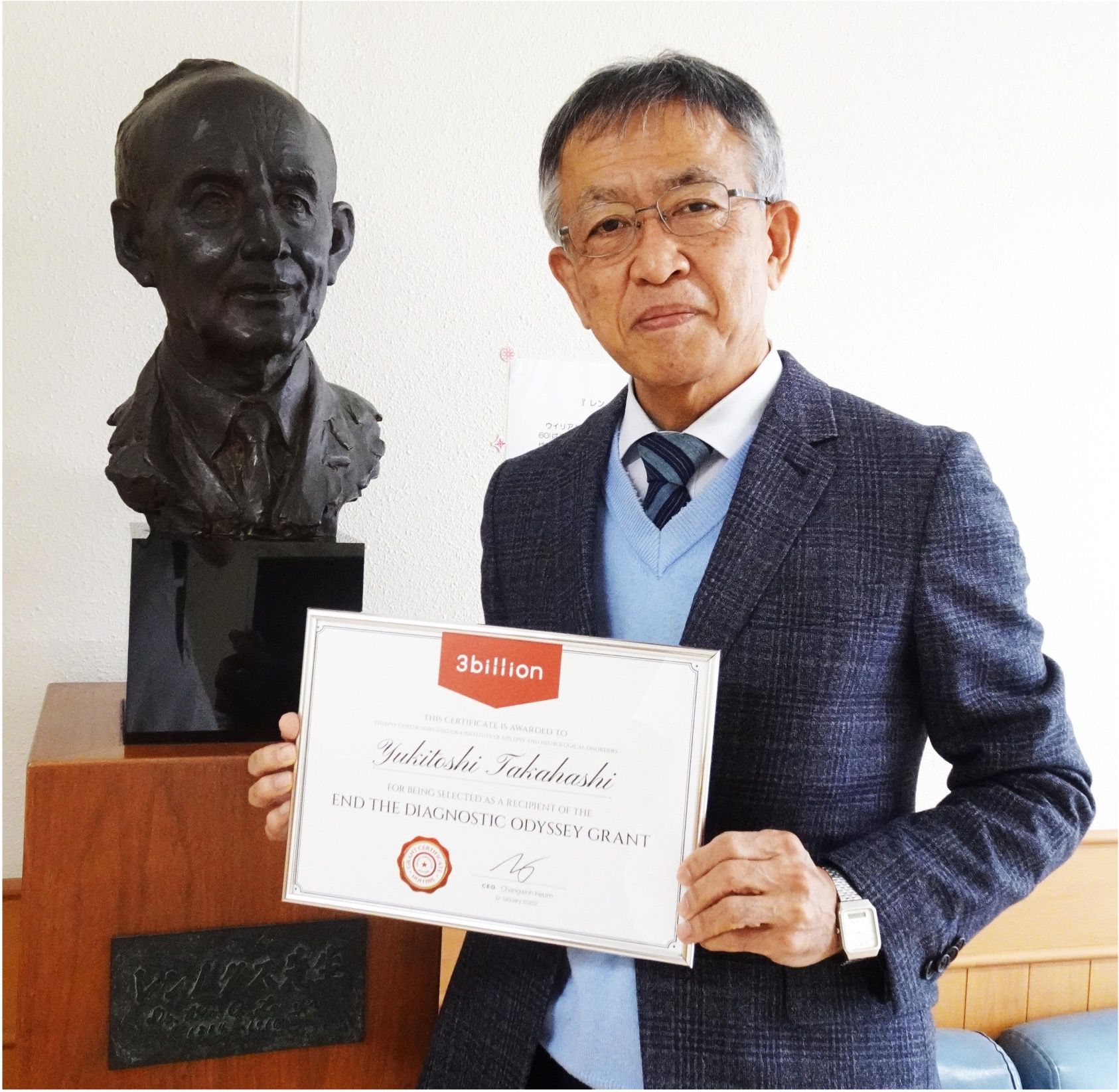
The third selected winner is Dr. Shino Shimada of Juntendo University Graduate School of Medicine, Japan. She has been working as a researcher for the past 10 years with her principal focus of research being neurodevelopmental disorders (NDDs), particularly seizure disorders, and neuromuscular disorders, and their association with metabolic background. Dr. Shimada and co-applicant Dr. Yukitoshi Takahash of the National Hospital Organization Shizuoka Institute of Epilepsy and Neurological Disorders will along with 18 other fellow researchers that will also include the RIKEN Center for Integrative Medical Sciences as part of this project and research collaboration.
Dr. Shimada said of receiving the grant, “I am truly grateful for the opportunity to work with you [3billion] on our goal of completing patients’ diagnostic odyssey. Since the lack of systematic methods in applying NGS for clinical genetics further adds to the diagnostic odyssey, which ultimately leads to the progression of neurological symptoms and delay of treatment, adding unsurmountable anxiety to patients and their caregivers. We expect to increase the diagnostic rate for rare neurodevelopmental disorders (NDDs), and establish a clinical practice that utilizes NGS to guide personalized medicine and treatment, especially for intractable epilepsy.”
The final winner includes Dr. Styliani Geronikolou of the National and Kapodistrian University of Athens, Greece. Dr. Geronikolou’s research project will involve the study of spinal myotropic atrophy and neurotransmitter disorder. Her interest in this area is because rare diseases such as Neuromuscular Disorders (NDs) pathophysiology is a priori under investigated, warranting continued study of exome sequences so as to determine whether new genetic variations are associated with these specific morbid entities, aiding future disease diagnosis.
3billion is excited to work with these doctors and researchers to help them end the diagnostic odyssey for future patients. 3billion expects to offer future opportunities for the End the Diagnostic Odyssey Grant. Through this grant, they hope to expand their collaborations throughout the world.
Get exclusive rare disease updates
from 3billion.

3billion Inc.
3billion is dedicated to creating a world where patients with rare diseases are not neglected in diagnosis and treatment.

